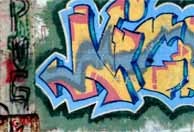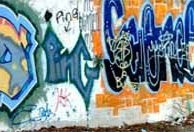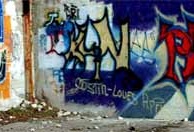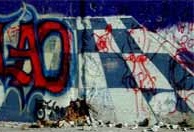AIMS
Our leading question is: How can the net- and framework of the ECoCsbe used to improve migrant’s integration in the cultural field via further education?
As every partner will invite the others to his country for a workshop one time we will focus on the local situation during these meetings but also bring in experience from the single countries: Based on the number of migrants in each ECoC and their regional/national context we will exchange information about the existing migrational groups/milieus, the participation of migrants in cultural life/further education and their cultural and educational preferences. These mutual briefings will be backed up by data and the experience of the partners and their network of cultural & further educational institutions and organisations of migrants. Besides we focus on showing the partners examples of best practice regarding the inclusion of migrants in cultural life & further education as participants & coachers, audience & successful artists etc: For this purpose we undertake various excursions. Especially meetings with representatives of the single ECoCs, cultural policy and cultural institutions will enable us to analyse what significance the promotion of intercultural arts and advanced training for persons working in this field has. The different situations and approaches in the ECoCs and their positive and negative consequences will be discussed and compared. Looking particularly at past ECoCs we will reassess how sustainable the intercultural approaches were and are and how they could be improved in view of present, future and bidding ECoCs.
Generally the different stages of development of the analysedECoCs will provide important insights and incitations also for other ECoCs. Those will be able to access our results by an extensive digital documentation that we will compile after the partnership: This will contain a best practice analysis in view of transferability, sustainability and range (including the development of other indicators). Besides, some of our partners bring networks with other ECoCs into the partnership; this contact pool will be extended in the course of the partnership via further networking (compare "Distribution of tasks" and "Dissemination of results").
During the partnership the partners intensively support each other in finding ways to adjust and devolve best practice to the other cities considering the capacities of each organisation and their local (/national) network. This will ensure that our target groups of learners profit from the European exchange: These are especially artists (with a migrationalbackround), (inter-)cultural managers and migrants as recipients of art etc. Besides, residential learners and multiplicators will be invited to join parts of the Workshops in their countries.







